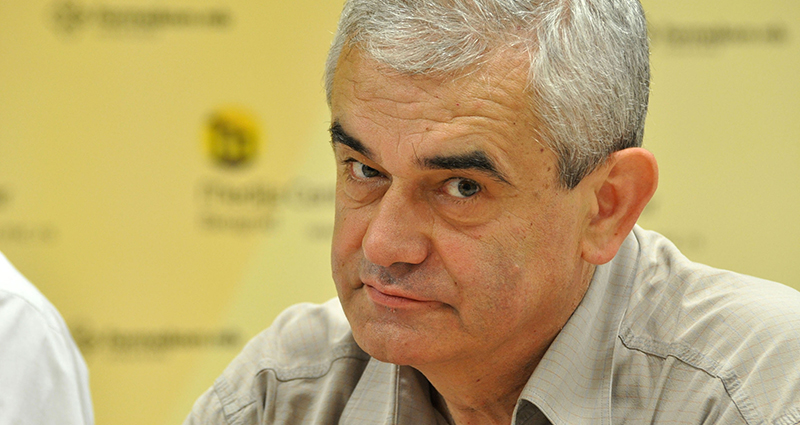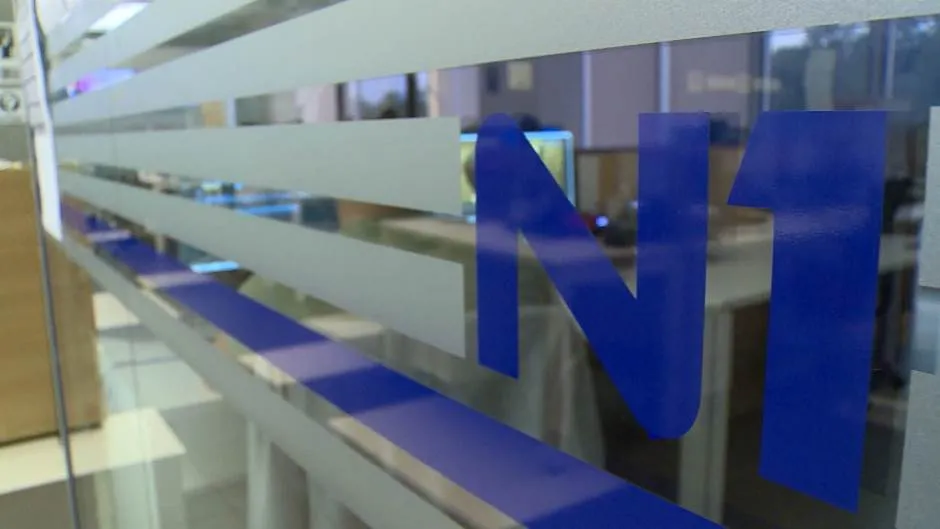Second Azadiya Welat editor sentenced in less than two weeks
By Louise Hallman
Vienna, 23 February 2010 – A former editor of a Kurdish-language newspaper in Turkey is facing a 525-year sentence, less than two weeks after his successor was also imprisoned.
Vedat Kursun, former editor of Kurdish daily, Azadiya Welat, has been charged with 105 counts of „helping and abetting the PKK organization by spreading propaganda“ and „glorifying crimes and criminals in articles published in numerous issues of the newspaper. On 12 February, his successor as editor, Ozan Kilinc, was convicted and sentenced to 21 years imprisonment for similar charges.
Kursun has already served 13 months in jail awaiting his trial after being arrested in Istanbul in January 2009 as he arrived in the city to testify in another case. He has been held in Diyarbakir Prison in the southeast of Turkey since his arrest. His trial was scheduled to begin on 18 February 2010.
At a hearing in Diyarbakir High Criminal Court on 19 February 2010, prosecutors in the case stated that although Kursun was not a member of the Kurdistan Workers’ Party (PKK) – which is outlawed in Turkey – he was guilty of disseminating propaganda for it by publishing stories on the statements and activities of the organisation, including its imprisoned leader Abdullah Ocalan. Kursun’s lawyer rejected the charges and has demanded his acquittal. His trial has now been put on hold and Kursun remains in prison.
Kursun’s lawyer, Servet Ozen, spoke to the Turkish press freedom organisation Bianet, pointing out that the news and opinion articles in question were published under the scope of freedom of expression and the right to inform the people, not as propaganda.
Ozan Kilinc, who assumed the role of editor-in-chief of Azadiya Welat after Kursun’s arrest last year, was sentenced to 21 years for publishing propaganda on behalf of a terrorist organisation, belonging to a terrorist organisation and for committing crimes on behalf of a terror organisation.
„This is not the first time that the authorities have used anti-terrorism laws to stifle freedom of the press and freedom of expression in Turkey,“ IPI Director David Dadge said on 22 February 2010. „I am particularly concerned as this case comes less than two weeks after Kursun’s successor, Ozan Kilinc, was sentenced to 21 years on similar charges.“
In the IPI’s World Press Freedom Review 2009, Dadge expressed concerns regarding Turkey’s consistently poor attitude towards press freedom and use of laws to prosecute journalists, including Article 301 – which bans „insults“ to the Turkish state.





